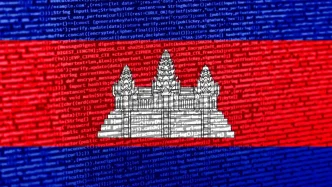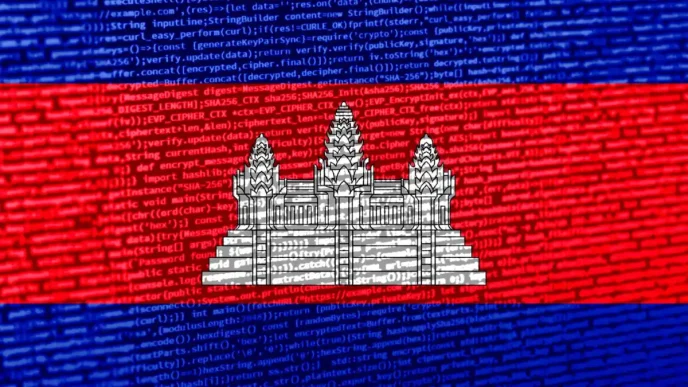Singapore, often hailed as a bastion of safety in Southeast Asia, is grappling with a resurgence of Covid-19 cases. As the city-state navigates this challenge, questions arise about the broader implications for public safety and health policy in one of the region’s most densely populated urban centers.
Singapore is witnessing a surge in Covid-19 cases, part of a broader wave affecting several countries in the region, including Thailand, Hong Kong, and the United States. Health authorities reported a significant uptick in infections over the past month, with hospitals seeing increased admissions and testing centers experiencing long queues. The Ministry of Health has urged residents to remain vigilant, reinstating mask-wearing recommendations in crowded indoor spaces and encouraging booster vaccinations for vulnerable populations.
The current spike is attributed to a combination of factors, including the emergence of new variants and a relaxation of public health measures in recent months. Singapore, which had previously managed the pandemic with strict border controls and a highly successful vaccination campaign, now faces the challenge of balancing economic recovery with public health priorities. “We are monitoring the situation closely” said a health official during a recent press briefing. “Our goal is to prevent a return to widespread restrictions while protecting our community.”
Data from the Ministry of Health indicates that while the majority of new cases are mild, there has been a noticeable increase in hospitalizations among the elderly and those with underlying health conditions. This has prompted renewed calls for booster shots, with clinics across the city-state offering walk-in appointments to meet the demand. At the same time, public sentiment, as reflected in social media discussions, reveals a mix of fatigue and concern, with many Singaporeans expressing frustration over the virus’s persistence even as they comply with updated guidelines.
Chart: COVID-19 positivity rate in Singapore, weeks 1–21, 2025
The resurgence is not unique to Singapore. Neighboring Thailand has reported an alarming number of infections in the past 7 days almost 60,000 cases have been reported, with tourist-heavy areas like Bangkok and Phuket seeing huge clusters of infections. Hong Kong, too, is grappling with a wave that has strained its healthcare system, while parts of the United States face rising cases amid debates over mask mandates. For Singapore, a global hub for trade and travel, the situation underscores the interconnected nature of public health crises and the need for coordinated regional responses.
Chart: COVID-19 monthly infections, deaths, and death percentage in Singapore, January 2020 – June 2024
Public Safety and Health: A Test for Policy
This public health challenge places Singapore at a critical juncture but the resurgence of Covid tests Singapore’s ability to adapt to an evolving pandemic. The city-state’s initial response to the virus was widely praised, with efficient contact tracing, mass testing, and quarantine measures curbing early outbreaks. However, as the virus continues to mutate and spread, authorities face the delicate task of maintaining public trust while avoiding overreach. Transparent communication, accessible healthcare, and targeted interventions for high-risk groups will be key to navigating this latest wave.
Beyond immediate responses, these dual challenges raise deeper questions about resilience and preparedness. How can Singapore, with its limited land and high population density, continue to ensure safety on both personal and public levels? The Covid-19 surge illustrates the ongoing need for flexible health policies that can respond to unexpected developments without disrupting daily life.
As Singapore addresses the ongoing health concerns, the coming weeks will likely shape public perceptions of safety and governance. The rise in Covid-19 cases serves as a stark reminder that the pandemic is far from over, requiring sustained vigilance even in a nation as well-prepared as Singapore.
















